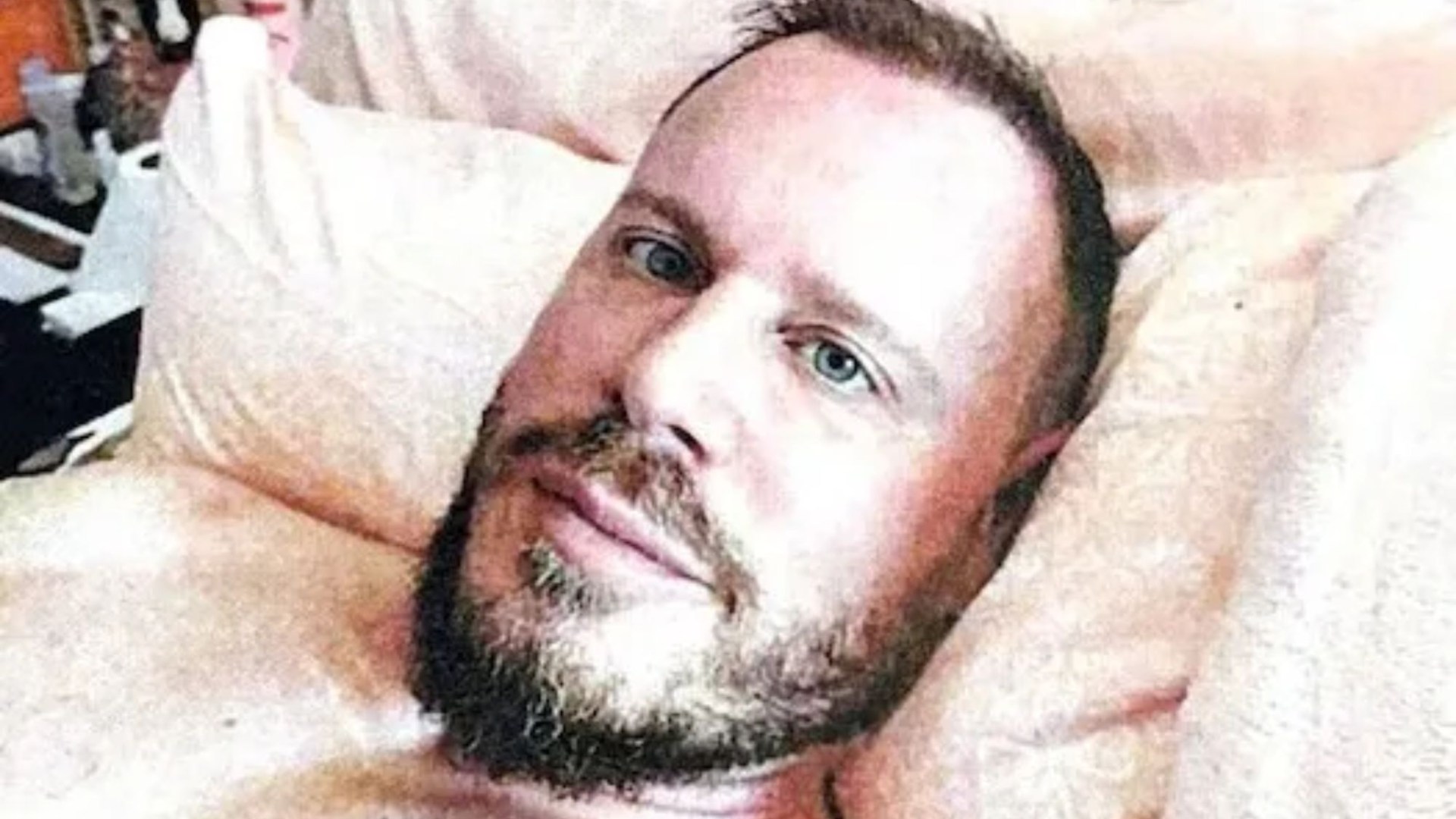UPDATE: A former nonprofit executive director has reached a plea deal in a high-profile embezzlement case, admitting to theft of funds from her organization. Cheri Gerken, aged 53, from Moorhead, has agreed to a guilty plea to a reduced charge after being accused of embezzling over $136,000 from Presentation Partners in Housing over nearly five years.
The deal, confirmed by Cass County prosecutors on November 5, 2024, includes a 60-day sentence of electronic home monitoring, two years of supervised probation, 80 hours of community service, and a restitution payment of $3,179.22 to the nonprofit that assists the homeless. Gerken was initially charged with a Class A felony theft, which could have resulted in a prison sentence of up to 20 years, but she will now plead guilty to a Class C felony theft charge involving amounts between $1,000-$10,000.
The investigation into Gerken’s financial activities began in November 2024 after the president of Presentation Partners in Housing alerted Fargo police about unauthorized personal expenses charged to her company credit card. An accountant’s review revealed that between January 2019 and November 2023, Gerken charged a total of $267,280 to the card. Of that total, only $42,000 was linked to legitimate business expenses, while $88,698 had unclear purposes, and $136,554 was clearly not for business.
Following the findings, Gerken was terminated from her position. In a six-page handwritten letter to the board, she expressed remorse, admitting to misusing the funds. She explained that after her divorce, she struggled to handle personal bills and care for her children without a second income. Gerken claimed she intended to repay the funds but was unable to do so, later filing for Chapter 7 bankruptcy in May 2024.
As part of the plea agreement, Gerken has waived her right to appear at her next court hearing scheduled for November 20. This case underscores the ongoing issues of financial misconduct within nonprofit organizations and raises questions about oversight and accountability in the sector.
The implications of this case resonate deeply within the community, highlighting the importance of trust in nonprofit leadership and the far-reaching effects of such breaches of fiduciary duty. As this situation develops, local residents and stakeholders will be watching closely to see how the organization and its leadership move forward after this incident.







